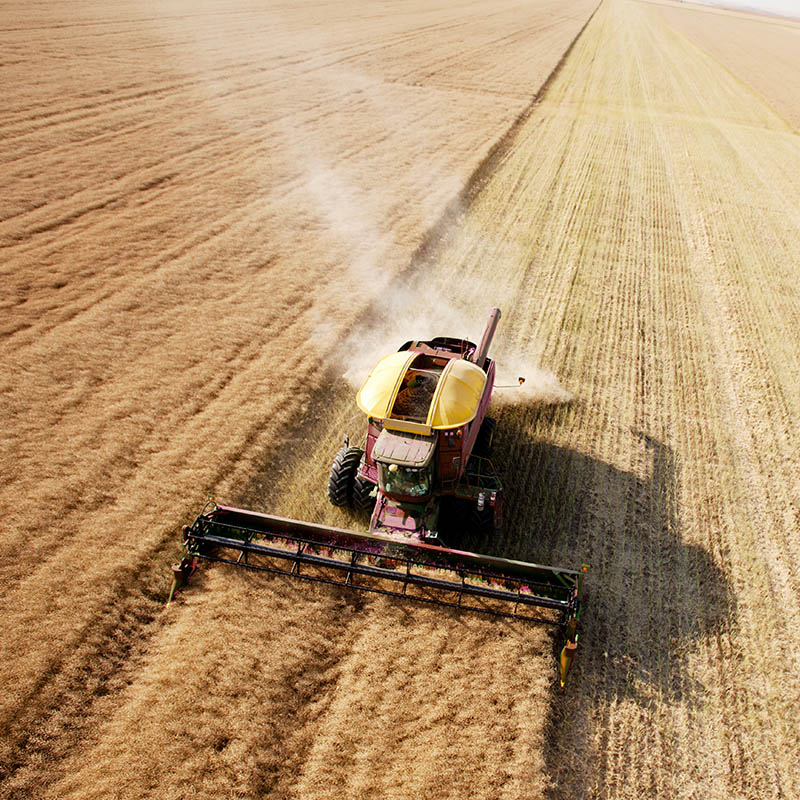Workplace Health and Safety Queensland (WHSQ) has released a must-read guide for all businesses that operate in the horticulture industry.
While many industries have been hard hit by the impacts of COVID-19, the horticulture industry has remained comparatively strong due to high demand from the Australian public and minimised foreign imports. However, the continued spread of COVID-19 presents a high risk to employers in the horticulture industry who owe a duty of care to their employees and the public, specifically in light of the upcoming picking season.
A recent guide from WHSQ outlines the steps and practical instructions employers must take to meet their workplace health and safety duties under the Workplace Health and Safety Act 2011 (Qld) regarding COVID-19.
Employers using the Seasonal Worker Program or subject to a relevant Public Health Direction
Businesses that are engaged in the Seasonal Worker Program or that are subject to a relevant Public Health Direction must have a Health Management Plan in place. A Health Management Plan is required for identified high risk industries or industries that consist of high number of vulnerable workers.
A business that is required to have a Health Management Plan must complete the Workplace Health Management Plan Template by conducting a COVID-19 risk assessment of their business and submit their Plan to Queensland Health
Other employers in the horticulture industry
If a business is not subject to a relevant Public Health Direction and therefore not required to have Health Management Plan, it is still required to manage the risks of COVID-19 in the workplace and should do so by implementing a COVID-19 work health and safety plan, which should include:
- infection prevention and control policies and procedures
- safe systems of work policies and procedures
- how employee consultation occurs
- how labour supply chain consultation occurs
- how the business will monitor and update the plan as public health information changes.
A copy of the WHSQ COVID-19 safe practice guide for the horticulture industry can be found here.
All employers in the horticulture industry
Employers in the horticulture industry must also ensure that:
- non-Queensland resident workers self-quarantine as required under public health guidance
- anyone who is sick does not come to work as required under public health guidance
- higher order controls are implemented that complement hygiene practices (e.g. social distancing, creating separate walkways through worksites, limiting numbers of people in lunch or crib rooms or installing barriers and screens)
- good hygiene practices including hand hygiene and workplace cleaning are in place
- sufficient cleaning and disinfection supplies and equipment are provided, or a suitable cleaning service is engaged
- personal protective equipment (PPE) is used where necessary and in accordance with the relevant state and national guidelines
- psychosocial risks for workers are identified and managed
- management communicates, trains and supervises workers on workplace measures to address COVID-19.
Conclusion
Meticulous planning and early intervention and reporting will reduce the risk that a business in the horticulture industry has breached a workplace health and safety duty. Additionally, implementing a COVID-19 work health and safety plan will reduce the risk of a case of COVID-19 at the workplace and prevent the spread should an outbreak occur, minimising interruption to production and protecting the safety of others.
Call to action
Our experienced workplace health and safety team can assist you in implementing your COVID-19 work health and safety plan to ensure that you are minimising the legal risk to your business.







